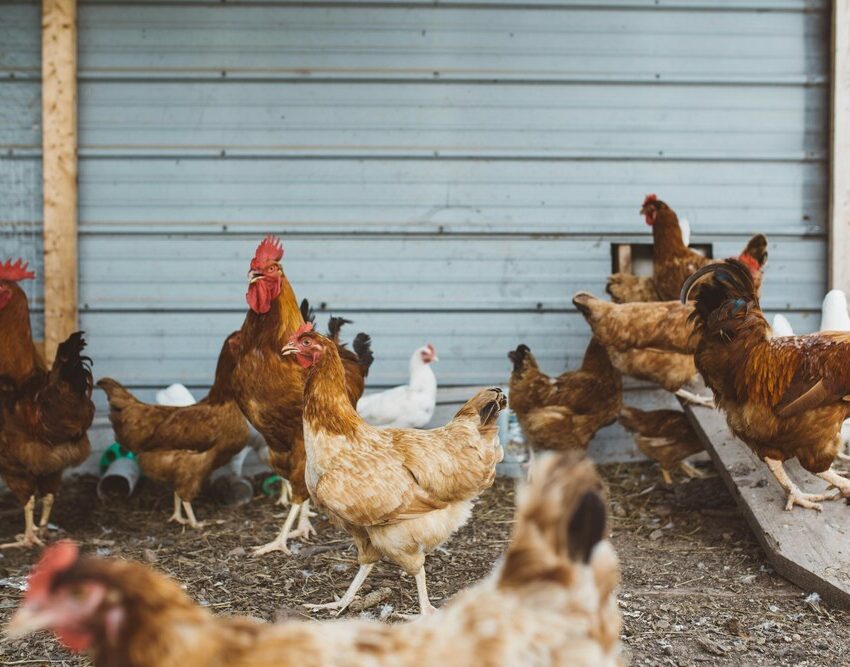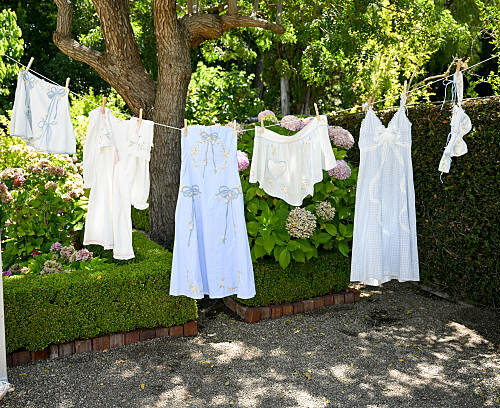
A fresh wave of bird flu cases has surfaced in the Western Cape, triggering alarm among poultry farmers and conservationists alike as officials scramble to contain the spread.
The province’s Department of Agriculture confirmed that a recent outbreak of highly pathogenic avian influenza (HPAI) has been detected in farmed ducks near Paarl. The birds, along with chickens linked to the same premises, were culled voluntarily in early July in an attempt to halt the virus in its tracks.
While neighbouring provinces, North West and Mpumalanga, have also seen new outbreaks among chickens, the Western Cape’s case marks a significant development, particularly because it includes both poultry and wildlife fatalities, as Smile FM reports.
In a worrying turn, the virus has been linked to the deaths of Great White Pelicans near Malmesbury and Hartlaub’s Gulls around Cape Town. These mark the first confirmed HPAI-related deaths in wild birds within the province since April 2024, and the first mass casualties since 2022.
Authorities have issued a stern warning to poultry producers and backyard farmers, urging them to ramp up biosecurity protocols. Measures include restricting farm access, keeping domestic birds away from wild species, and maintaining strict hygiene with clothing, vehicles, and equipment.
Disinfection of footwear and vehicles entering and exiting poultry sites has been strongly advised, along with installing physical barriers such as fencing or nets to prevent wild birds from coming into contact with domestic flocks.
Despite rising concerns, the department assured consumers that poultry products available on store shelves remain safe to eat.
Officials are calling for the public’s assistance in tracking the outbreak. Unusual sightings of sick or dead wild birds, especially groups of three or more seabirds, should be reported immediately. For solitary birds of prey, even one abnormal death is worth flagging.
Live but ill seabirds can be assessed by rehabilitation centres, and the discovery of deceased seabirds can be logged via the SA seabird bird flu form on the OCIMS website.
With a resurgence of avian influenza threatening both commercial and natural bird populations, swift reporting and heightened safety protocols are now more critical than ever.
First published by Cape {town} etc
Compiled by Aiden Daries
Also see: Internet reacts to egg prices being high after bird flu has died




